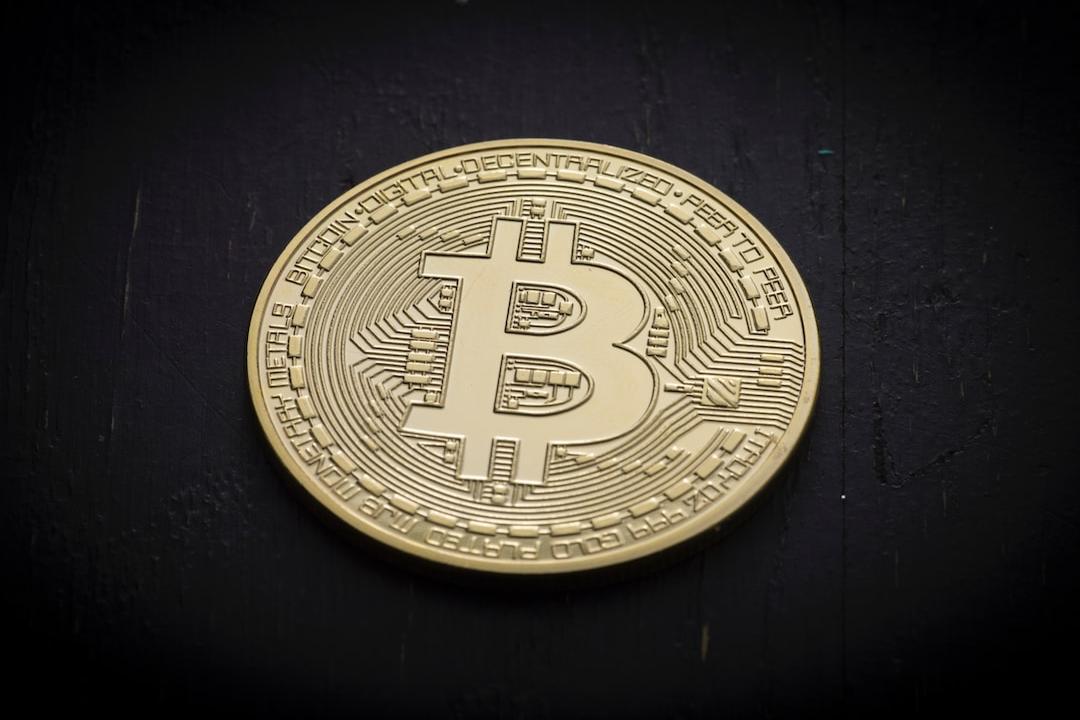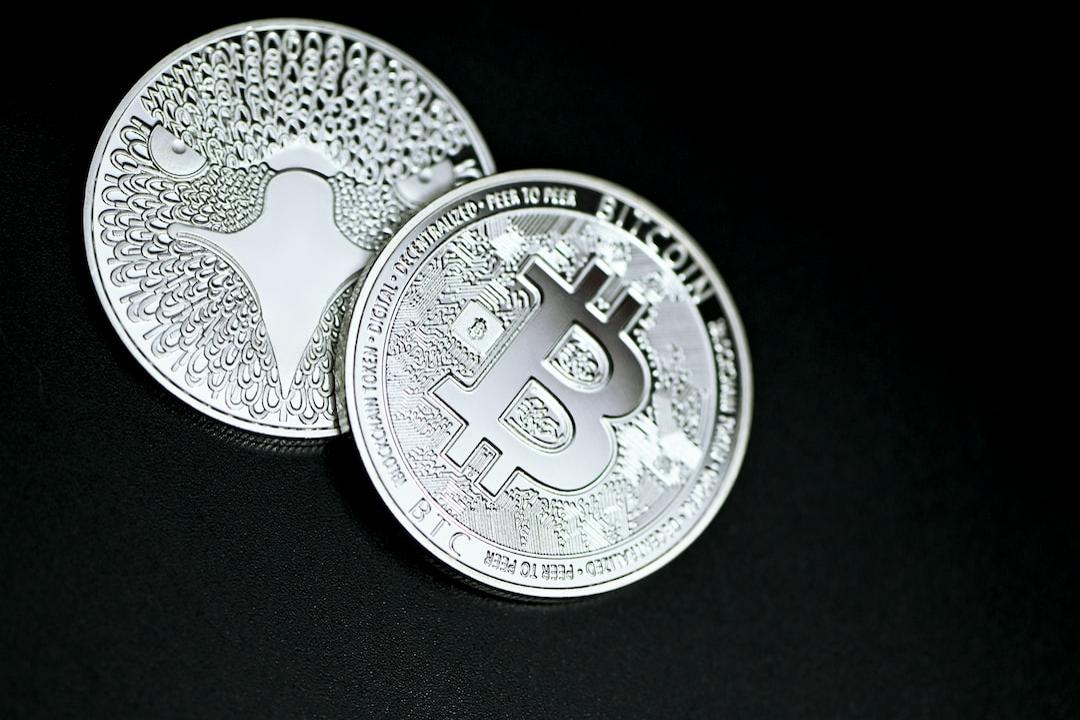According to INV analysis report
The United States and China recently reached a temporary tariff suspension agreement, leading to a slight increase in the U.S. stock market. However, many remain concerned that new developments in the U.S.-China trade war may emerge in the future. Nevertheless, the newly signed agreement between the U.S. and China has prompted Barclays Bank to lift its recession warning for the U.S. economy this year. Investors are turning their attention to the upcoming consumer confidence survey, as concerns over tariffs have caused a significant decline in the survey data over the past few months.
U.S. Stock Indices Slightly Rise
U.S. stock indices rose on Friday. As of 06:39 Eastern Time (10:39 GMT), the Dow Jones futures contract was up 152 points, an increase of 0.4%, the S&P 500 futures rose by 16 points, or 0.3%, and the Nasdaq 100 futures gained 50 points, or 0.2%.
Major U.S. stock indices fluctuated on Thursday, as investors remained concerned that the trade truce achieved between the U.S. and China might not completely alleviate worries stemming from Trump’s aggressive tariff policies. Walmart indicated that the U.S. tariff increases would force them to raise prices in the coming weeks. Some analysts suggested that other companies might soon follow suit in raising prices. The market is assessing a new batch of economic data, which shows an unexpected cooling in producer prices and weak core retail sales.
Advertisement – Content Continues Below




ING’s Chief International Economist James Knightley stated in a report to clients that the April retail sales figures indicate a swift retreat from preemptive purchasing behavior by businesses in response to tariff-related price increases, following a surge in spending in March. The sluggish Producer Price Index suggests that businesses will not absorb high costs for too long.
Economists Focus on University of Michigan Consumer Confidence Survey
Economists are paying close attention to the University of Michigan’s Consumer Confidence Survey, with experts predicting a slight rebound in May data following a decline in April. Against the backdrop of heightened tariff concerns, the survey indicates a drop in household optimism over recent months, alongside rising expectations of inflationary pressures. Nonetheless, there remains debate over how much these so-called “soft data” truly reflect the current economic reality.
Barclays Lifts Recession Warning for U.S. Economy
In a report released Thursday evening, Barclays Bank stated that the trade agreement between Washington and Beijing prompted the bank to revise its growth forecast for the U.S. economy upward, predicting that the U.S. will not fall into recession. The institution currently estimates that the U.S. economy will grow by 0.5% this year and 1.6% next year, higher than previous forecasts of -0.3% and 1.5%.
The reduction in uncertainty and improvement in the economic backdrop also led Barclays to raise its growth expectations for the Eurozone. Barclays now forecasts flat economic growth this year, compared to a previous forecast of a 0.2% contraction.
Barclays still anticipates a technical recession in the Eurozone in the second half of 2025, but the magnitude of economic contraction is expected to be less severe than previously forecasted. In a report, Barclays stated that overall, it remains pessimistic about the growth prospects for the Eurozone, as uncertainty remains high, and the reciprocal tariff negotiations between the EU and the U.S. are still at a technical level with no signs of progress.
Risk Warning
Investing in cryptocurrencies involves a high level of risk, and their prices can be extremely volatile. You may lose all your principal. Please assess the risks carefully.

